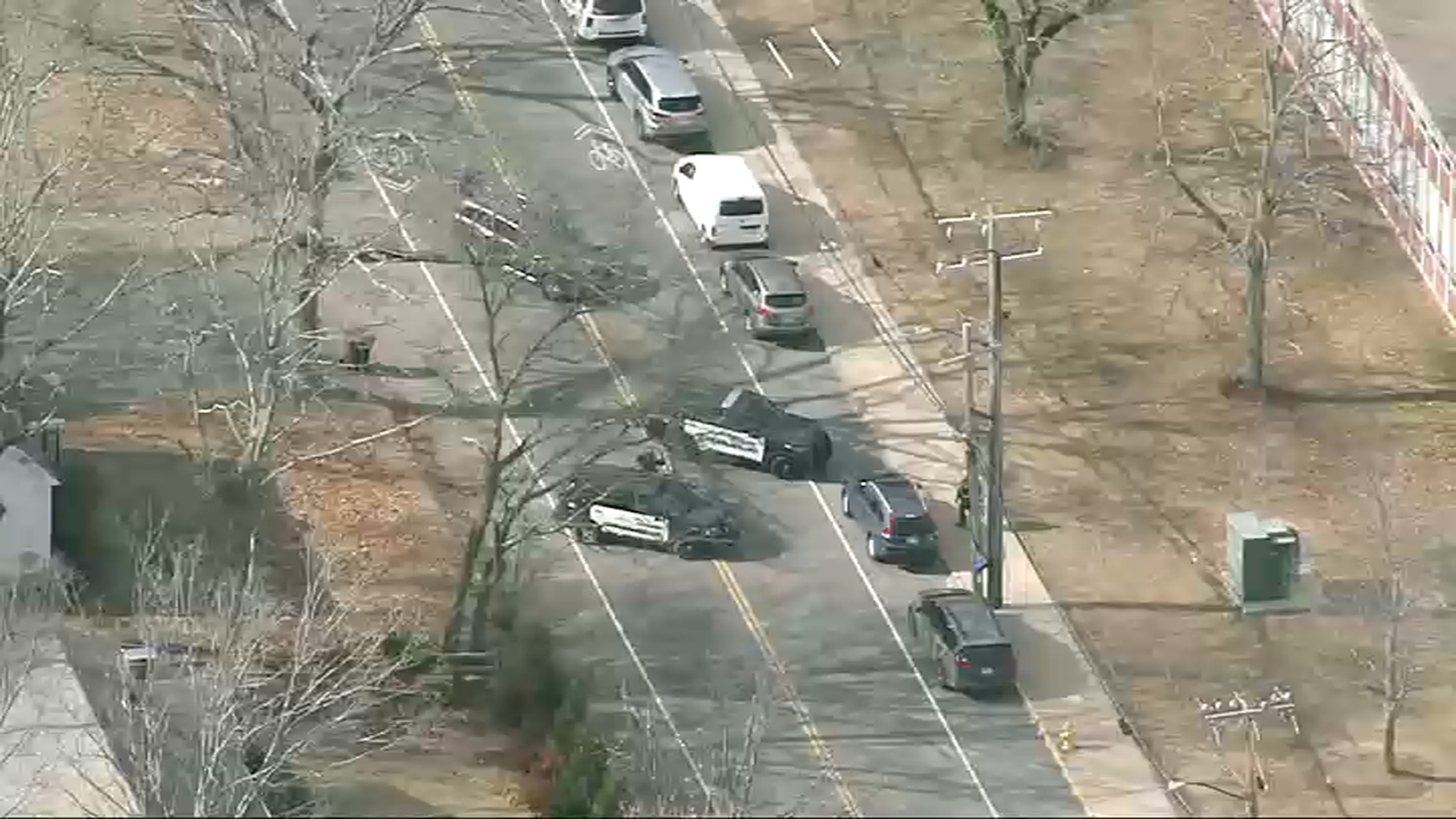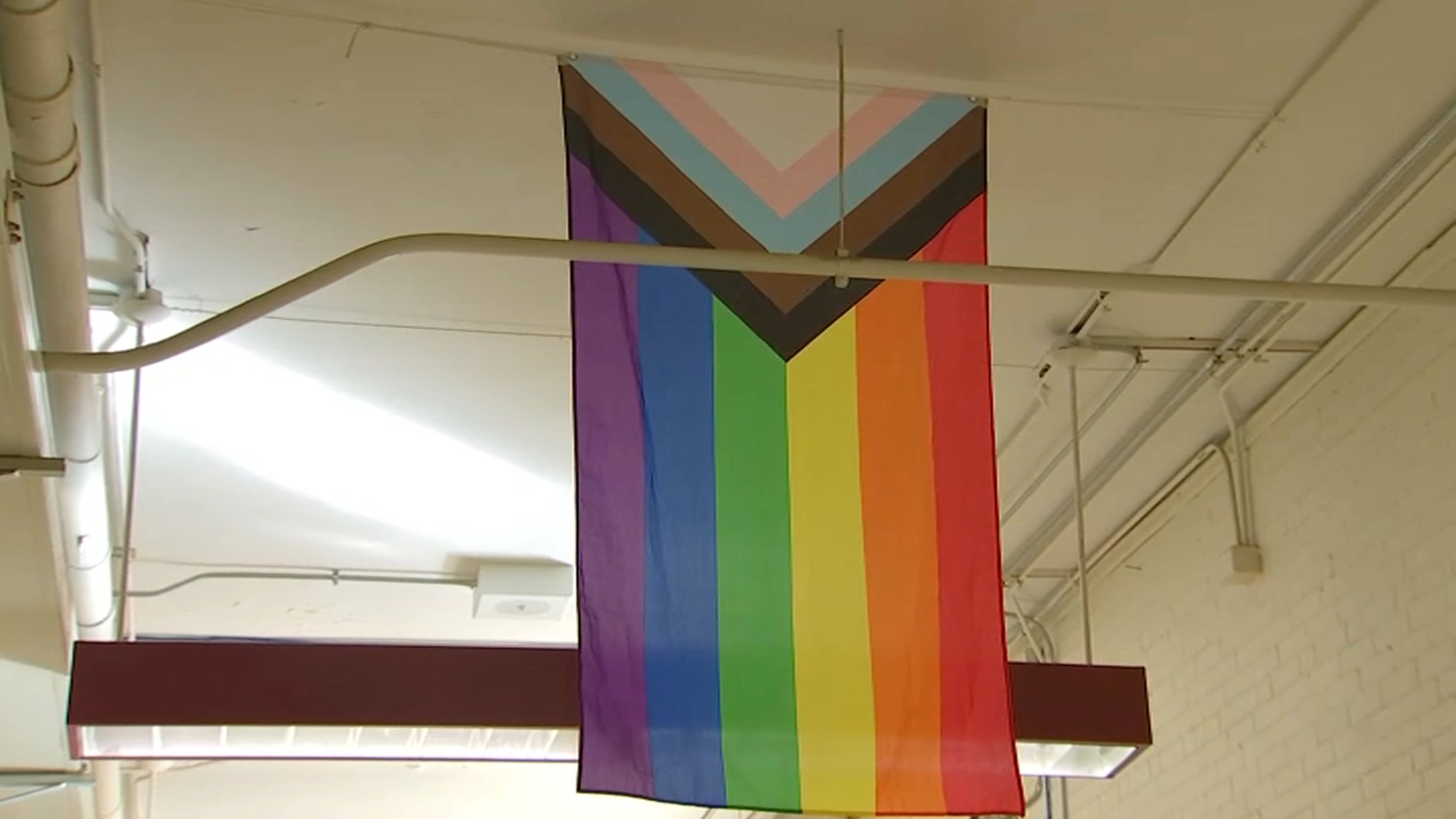Students returned to class on Wednesday after thousands of students across more than a dozen Massachusetts schools were impacted by "swatting" calls on Monday and Tuesday. But at least three local schools had to deal with a new round of hoax calls on Wednesday.
An investigation into the fake threatening calls is ongoing, after two days of hoax threats caused schools to close down and tied up law enforcement. No arrests had been made as of Wednesday morning, Massachusetts State Police said.
WATCH ANYTIME FOR FREE
Stream NBC10 Boston news for free, 24/7, wherever you are. |
State police noted that the calls were all similar in nature and were made between 10 a.m. and noon. On Monday, swatting calls were made to at least six locations in Massachusetts. Then, on Tuesday, there were more than a dozen threats made to schools — either a bomb threat or calls of a shooter on campus.
Get updates on what's happening in Boston to your inbox. Sign up for our News Headlines newsletter.
The swatting calls continued to be an issue even into Wednesday, as Salem police said they received a hoax swatting call for Salem High School shortly before 1 p.m. The high schoool and Horace Mann Laboratory School were placed in lockdown for a period of time until the building could be secured.
Lowell police said they also responded to a swatting incident at Lowell High School which briefly interrupted classes. Police said they received a call shortly before noon Wednesday from someone claiming there was an active shooter on the high school campus. The school was temporarily placed in lockdown, but classes were able to return to normal by 12:30 p.m. after the threat was determined to be a hoax.
Gloucester police responded to a similar "swatting" call shortly before 12:30 p.m. that briefly interrupted classes at Gloucester High School. The call also claimed there was an active shooter on the campus.
On Tuesday, state police distributed a checklist to schools for how to keep track of and record the threats they are getting, a spokesman Dave Procopio said. He noted that incidents like this week's have precedent.
"We did see something like this a few years ago and at that time the suspicion was that they were originating overseas and the sources were using a sophisticated voice over IP network with multiple routers to conceal their true identity and spoof local numbers so the call appeared to be coming from the local area. It is possible, but not definitive, that this week’s threats are similarly sourced," he said in an email.
In "swatting" incidents, prank callers report hoax threats that send police swarming to a location. They can be dangerous in and of themselves, since officers are on alert in case there's an active threat, but they also waste resources and can make people accustomed to reports of threats and less likely to respond to real ones.
Security experts say that despite the threats turning out false, police still have to take them seriously.
"The challenge with that on a hoax call is that you’re depleting resources from those surrounding cities and towns, not to mention the community of jurisdiction where that local law enforcement agency is responding," law enforcement and security analyst Todd McGhee said. "To not approach could be catastrophic so we cannot just ignore a call for service and just say well it’s most likely a hoax.”
The FBI has joined in the investigation, with a representative noting that making these "swatting calls is a crime, and the callers can be prosecuted.



